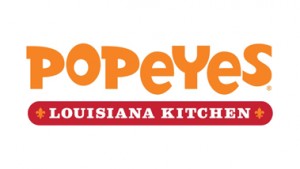“If the United Nations was fully funded why would we need the Arc or social enterprise?”
To answer this question, we need to first understand that the United Nations and social enterprises are different in terms of structures and how they function to promote systematic social change. The United Nations is an international organization with 193 member states and it is mainly involved in peacekeeping and humanitarian assistance, as well as other fundamental social issues such as environment and refugees protection. Due to its mega scale, multiple missions and member nations’ vast interests in power play, it is indeed difficult for the UN to create long-lasting social changes that could have a direct impact on all the communities in need of help.
On the other hand, social enterprises have much smaller scales. They are driven by individuals who could turn creative thinking into direct action to invent new approaches that tackle social issues. Social entrepreneurs personally get in touch with the communities to hear their voices and subsequently take small but practical steps to develop solutions. It is very efficient and successful in generating sustainable social values, as exemplified by the stories of many inspiring social entrepreneurs around the world such as Muhammad Yunus. The founder of Grameen Bank, he offered micro loans to the impoverished in Bangladesh, empowering them to become more economically self-sufficient. I really admire his ability to see the opportunities that others easily missed and furthermore his determination to disrupt the status quo. The world definitely need more people like him.
In all, even though the United Nations was fully funded, we still need social enterprises to serve as a complement and driving force to effect social change and make the world a better place for our generation as well as the future generations.








